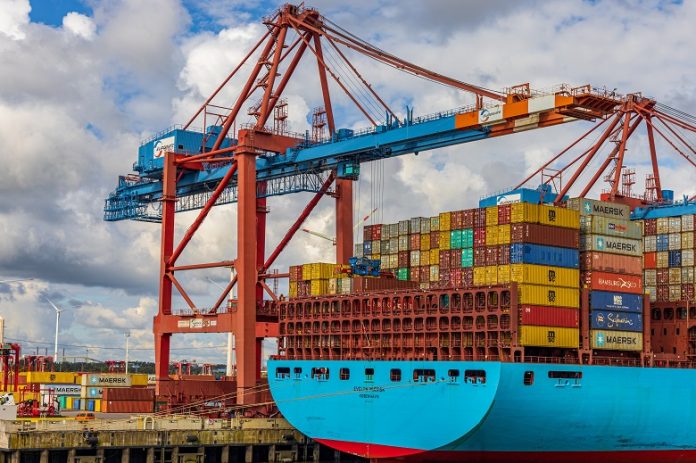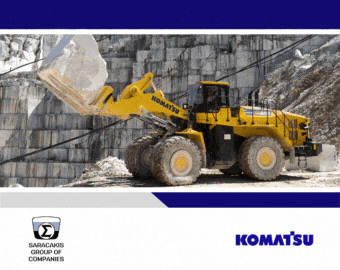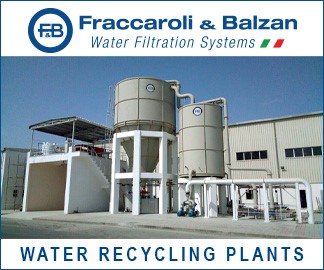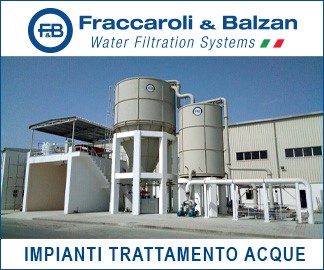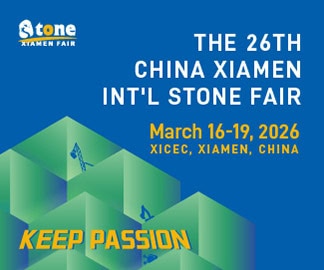Some of the world’s biggest exporters in Asia are intervening to alleviate a shipping container shortage that jeopardizes their overseas trading.
Government-owned Indian Railways has moved empty boxes to inland depots like Delhi from seaports for free. South Korea has deployed an extra nine vessels on the Trans-Pacific route to help local manufacturers while China’s state-owned shipyard, Cosco Shipping Heavy Industry, has converted at least one freshly built paper-and-pulp carrier to transport the containers.
The state-backed companies and governments are working quickly to smooth disruptions on the supply side of global trade to avoid losing business, even as clogged ports like Los Angeles trigger import delays and freight costs remain high. Asian economies remain deeply reliant on exports to Europe and North America to line government coffers.
Indian Railways is discussing if its current 25 per cent discount for moving empty containers inland along some routes needs to be extended beyond March, according to Manoj Singh, executive director for freight traffic and transportation. But even countries less reliant on exports than powerhouses like China or South Korea are looking at ways to unclog global trade arteries. The UTLC Eurasian Rail Alliance reduced tariffs last April for transporting empty containers via its Europe-China link. The company jointly formed by the state railways of Russia, Kazakhstan and Belarus said that this would help “avert the shortage of containers for loading in China.”
“The best thing governments can do is ensure rapid and effective vaccination of their populations so that landside logistics labor capacity and productivity can be restored to pre-pandemic levels,” said Simon Heaney, senior manager of container research at Drewry Shipping Consultants Ltd. “That will do a lot to improve the circulation of containers.”


